Trump’s Demand for Government Funding Bill Rejected by Republicans
In a dramatic turn of events, former President Donald Trump faced rejection from his own party over his demands regarding a government funding bill. The internal rift highlights deep divisions within the Republican Party as lawmakers struggle to align on fiscal priorities and policy direction.
Background on the Funding Bill
The controversy revolves around a government funding measure aimed at avoiding a potential federal shutdown. With the deadline looming, congressional leaders are scrambling to secure a deal that satisfies both moderates and conservatives within the Republican caucus. Trump, a dominant voice in Republican politics, has been pressuring GOP lawmakers to adopt measures reflecting his “America First” agenda.
Trump called for provisions that include stricter border security measures, significant cuts to non-defense spending, and the elimination of funding for several Biden administration initiatives. These demands, while popular among his base, have proven contentious within the party, creating a standoff in Congress.
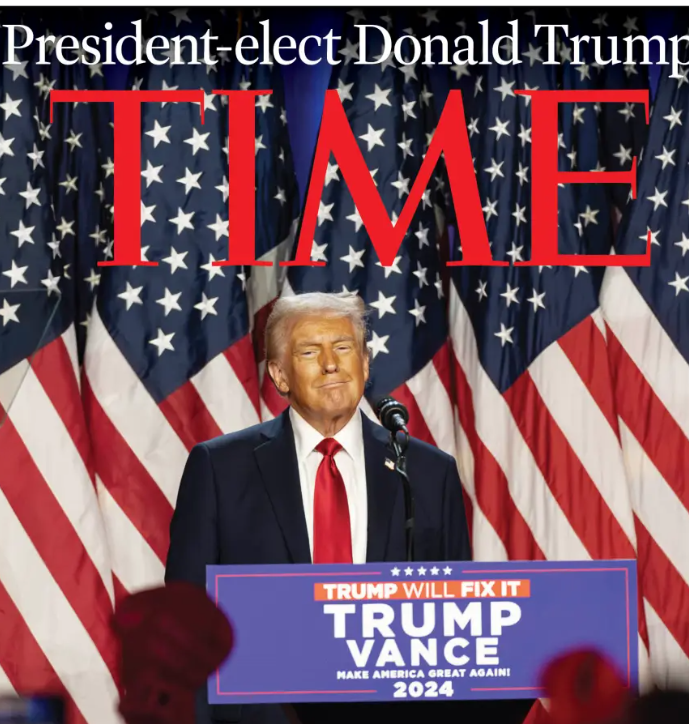
Republican Rejection of Trump’s Demands
House and Senate Republicans have expressed frustration with Trump’s ultimatum, arguing that his proposed conditions would make it nearly impossible to pass a bipartisan funding bill. Several GOP leaders emphasized the importance of compromise to avoid a government shutdown, which they fear could hurt the party’s standing with voters ahead of the 2024 elections.
Senator Mitch McConnell, the Senate Minority Leader, voiced concerns over the political and economic ramifications of failing to fund the government. “We must prioritize stability and demonstrate our ability to govern responsibly,” McConnell stated, subtly rebuking Trump’s approach.
In the House, Speaker Kevin McCarthy faces increasing pressure from both Trump-aligned lawmakers and moderate Republicans to find a solution. The Speaker has so far refrained from endorsing Trump’s demands outright, instead advocating for a funding bill that can garner bipartisan support in both chambers of Congress.
The Impact of the Rejection
Trump’s inability to rally unanimous Republican support underscores a growing divide within the GOP. While Trump continues to wield significant influence among grassroots conservatives, his relationship with party leadership and moderate lawmakers remains fraught.
Political analysts suggest that the rejection of Trump’s demands is indicative of a broader struggle within the party to balance the interests of its traditional conservative base with the populist agenda championed by Trump.
“It’s a test of leadership and unity,” said Sarah Daniels, a political science professor at Georgetown University. “The GOP is at a crossroads, trying to reconcile Trump’s influence with the practicalities of governing in a divided Congress.”
Democratic Response
Democrats have seized the opportunity to highlight Republican infighting, accusing the GOP of prioritizing internal squabbles over effective governance. Senate Majority Leader Chuck Schumer criticized the lack of consensus among Republicans, calling it a “failure of leadership.”
Schumer and other Democratic leaders have reiterated their commitment to passing a funding bill that maintains critical services while addressing key national priorities. They argue that Trump’s proposed cuts are extreme and would undermine essential programs like healthcare, education, and environmental protection.
Trump’s Reaction
Unsurprisingly, Trump was quick to respond to the rejection. In a statement released via his social media platform, Truth Social, he lambasted Republican leaders for what he called a “betrayal of conservative values.”
“They’re caving to the radical left instead of standing up for the American people,” Trump wrote. “This is why we need strong leadership in Washington, not weak, spineless politicians who are afraid to fight.”

Trump also hinted at the possibility of endorsing primary challenges against Republican lawmakers who oppose his agenda, further escalating tensions within the party.
What’s Next?
With the deadline for passing the funding bill fast approaching, the stakes couldn’t be higher. A government shutdown would have far-reaching consequences, affecting federal workers, public services, and the broader economy.
Republican leaders are under immense pressure to find common ground, not only to avert a shutdown but also to demonstrate unity ahead of the 2024 elections. Meanwhile, Trump’s ongoing influence and his public rebuke of party leadership could complicate efforts to broker a deal.
As the clock ticks, all eyes are on Capitol Hill to see whether Republicans can overcome their divisions and craft a funding measure that satisfies both party factions and the broader electorate.
This evolving situation underscores the challenges of navigating polarized politics in Washington and the enduring influence of Trump in shaping the Republican Party’s agenda.
READ MORE;REASONS BEHIND TRUMP’S VICTORY IN 2025

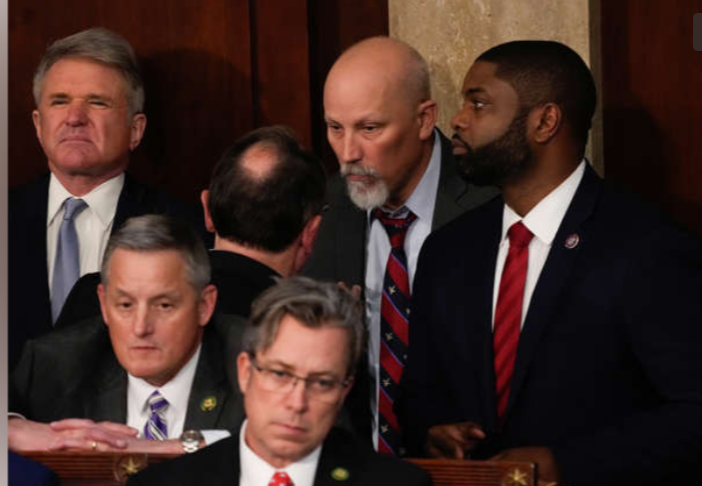


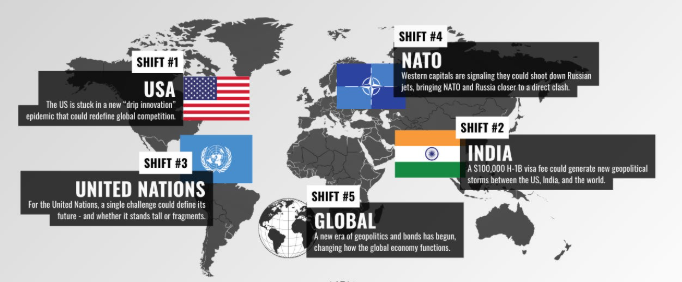


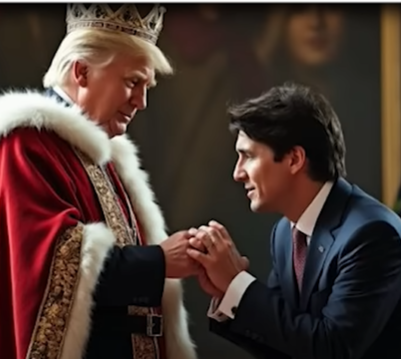


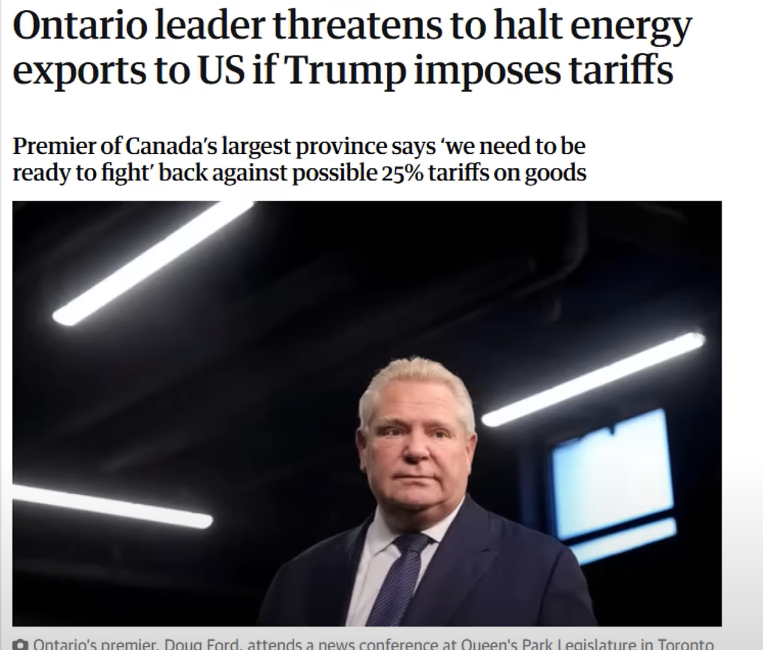





Your point of view caught my eye and was very interesting. Thanks. I have a question for you.